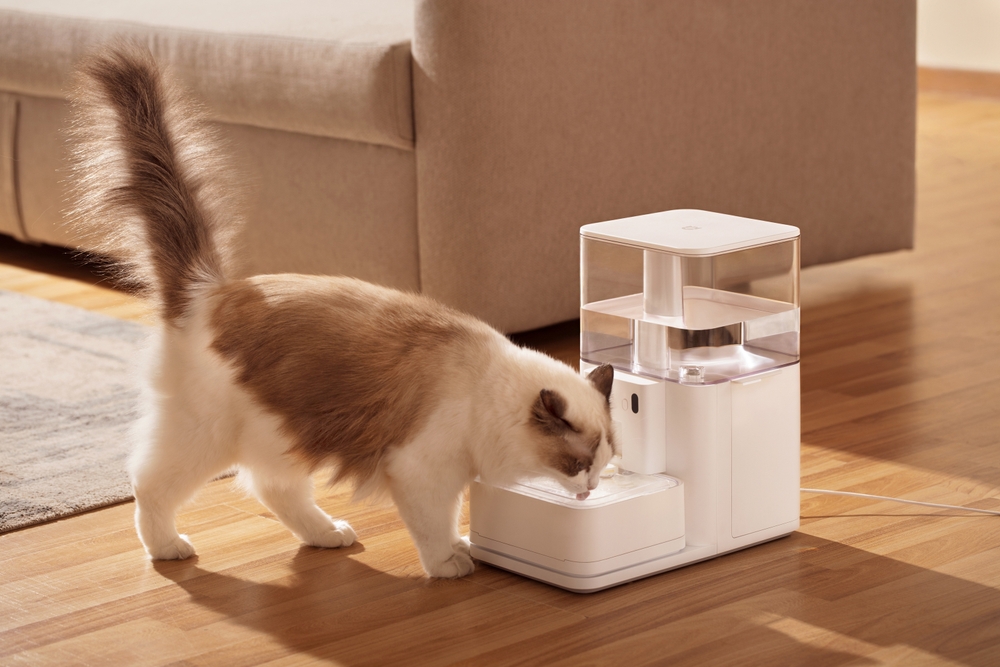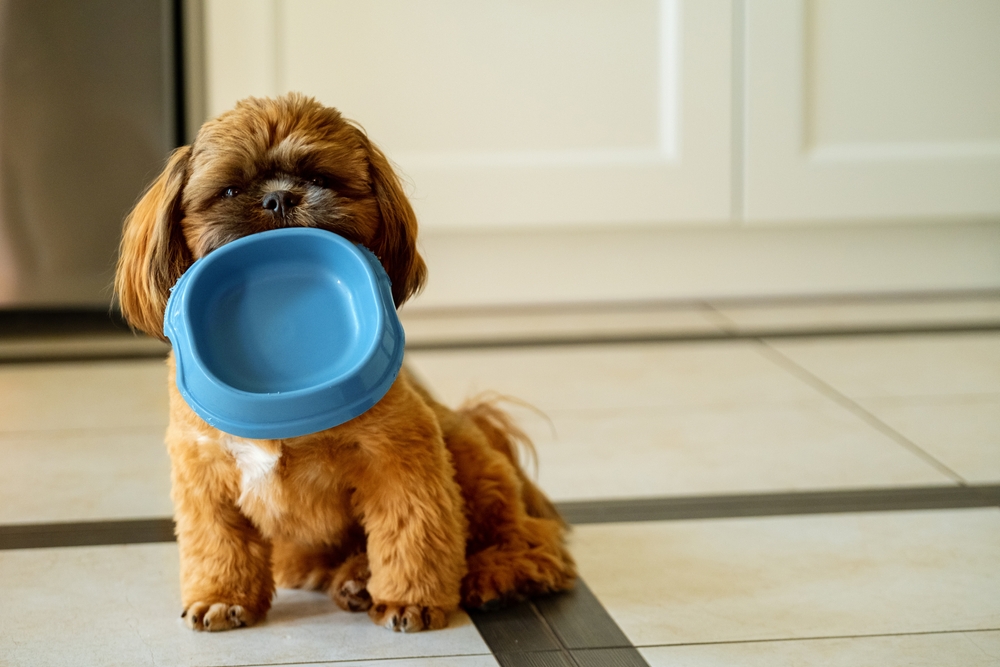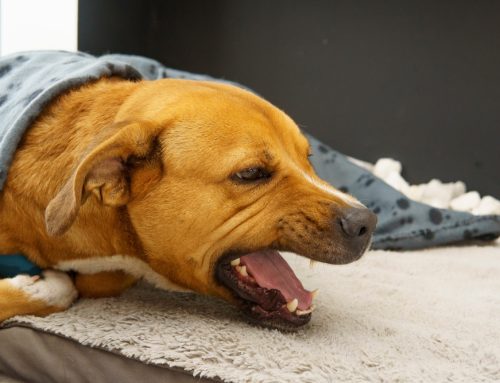Is your dog less than enthusiastic when you rattle their food container? Has your cat suddenly started drinking copious amounts of water? Changes in your pet’s eating or drinking habits can indicate a medical problem. Our Companion Veterinary Clinic team explains what these changes might mean and encourages you to be vigilant about any of your four-legged friend’s behavioral changes.
My pet’s appetite has decreased
Mealtimes are usually exciting for our four-legged friends, and if your pet isn’t interested in their food, an underlying issue is likely to blame. If your pet’s appetite has decreased, one of these conditions might be the cause:
- Illness — Any illness, including a gastrointestinal (GI), respiratory, kidney, liver, periodontal, neurologic, dermatologic, and cardiac condition, can cause your pet to lose interest in their food. While your furry pal may exhibit other signs associated with their condition, decreased appetite or inappetence may be the only indication that they are ill.
- Pain — Many pets who have acute or chronic pain lose interest in food. Arthritis is a common cause for a senior pet’s chronic pain. They may also have difficulty navigating stairs, be reluctant or refuse to jump on or off elevated surfaces, exhibit stiffness after resting, hold an odd posture when sitting, and display uncharacteristic irritability.
- Stress — Some pets, especially cats, are prone to stress, and increased anxiety may cause their appetite to diminish. Potential stressors include a dirty litter box, rearranged furniture, a schedule change, or a new addition to the family, including two- and four-legged members.
My pet’s water intake has decreased
Similar to having a decreased appetite, your pet can lose interest in drinking water in response to illness, pain, and stress. If your four-legged friend isn’t drinking an adequate water amount, they can quickly become dehydrated. Monitor your furry pal’s water intake closely, and if their bowl’s water level is staying the same, assess your pet’s hydration status. Pets’ dehydration signs include lethargy, tacky mucous membranes, excessive panting, and decreased skin elasticity. If you suspect your pet is dehydrated, they need veterinary attention to replace their fluid deficits and correct electrolyte imbalances.
My pet’s appetite has increased
An increase in your pet’s appetite can also signal a health problem. Some pets are extremely food driven, but if your four-legged friend seems hungrier than usual, the potential causes may include:
- Poor nutrition — If you aren’t feeding your pet a balanced and complete diet that meets their nutritional needs, they may feel hungry after eating an appropriate-size meal portion. Talk with our Companion Veterinary Clinic team if you have questions about your pet’s nutritional needs.
- Parasites — Parasites, such as hookworms, roundworms, and whipworms, can leach nutrients from your pet’s GI tract, making them need more food to feel satiated.
- Diabetes — Diabetes can increase your pet’s hunger, because their body can’t utilize glucose as energy.
- Cushing’s disease — Cushing’s disease (i.e., hyperadrenocorticism) is common in middle-aged and older dogs and often results in increased appetite. Other signs include pot-bellied appearance, recurrent skin and urinary tract infections, lethargy, hair loss, and increased thirst and urination.
- Hyperthyroidism — Hyperthyroidism is common in middle-aged and older cats and typically causes an increased appetite. Other signs include weight loss, unkempt hair coat, and increased thirst and urination.
- Malabsorption — GI disorders, such as exocrine pancreatic insufficiency and certain cancers, that interfere with nutrient absorption can lead to an increased appetite.
- Cognitive dysfunction — Cognitive dysfunction affects older pets. The condition is similar to Alzheimer’s disease in humans. An affected pet may have an increased appetite or forget they ate. Other signs include confusion, not recognizing familiar people, getting lost in familiar places, behaving differently, exhibiting increased anxiety or restlessness, house soiling, and changing their sleep cycle.
- Medications — Certain medications, such as steroids, cause pets to feel hungrier than usual.
My pet’s water intake has increased

Your furry pal needs to drink to remain hydrated. However, what if their water intake is excessive? Potential causes include:
- Kidney disease — Normally, the kidneys are responsible for regulating water output, but when they are compromised, they lose the ability to make concentrated urine. This results in increased water intake and urination.
- Diabetes — Diabetic pets have increased blood glucose levels, which the kidneys filter into the urine. The extra glucose in the urine pulls water, resulting in increased urination and thirst.
- Cushing’s disease — Cushing’s disease increases your four-legged friend’s blood cortisol level, which interferes with the kidneys’ water absorption ability, leading to increased urination and thirst.
- Pyometra — Pyometra is a severe uterine infection. Bacteria in the uterus produce toxins that inhibit the kidneys’ ability to retain fluid, leading to increased urination and thirst.
Monitor your pet closely so you recognize any behavioral changes. Contact our American Animal Hospital Association (AAHA)-accredited Companion Veterinary Clinic team if your furry pal’s eating or drinking habits change, so we can determine the cause and devise an appropriate treatment strategy.







Leave A Comment